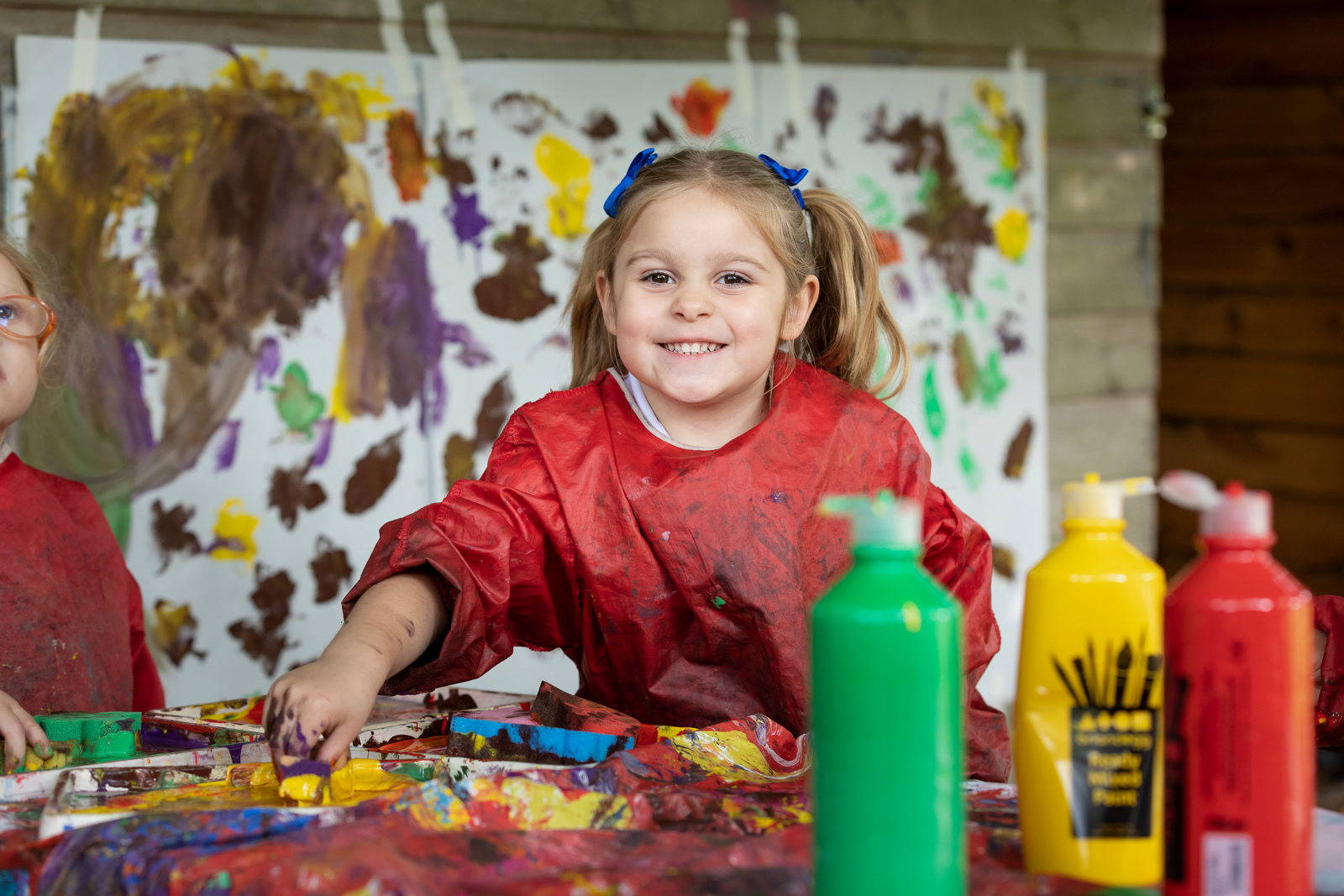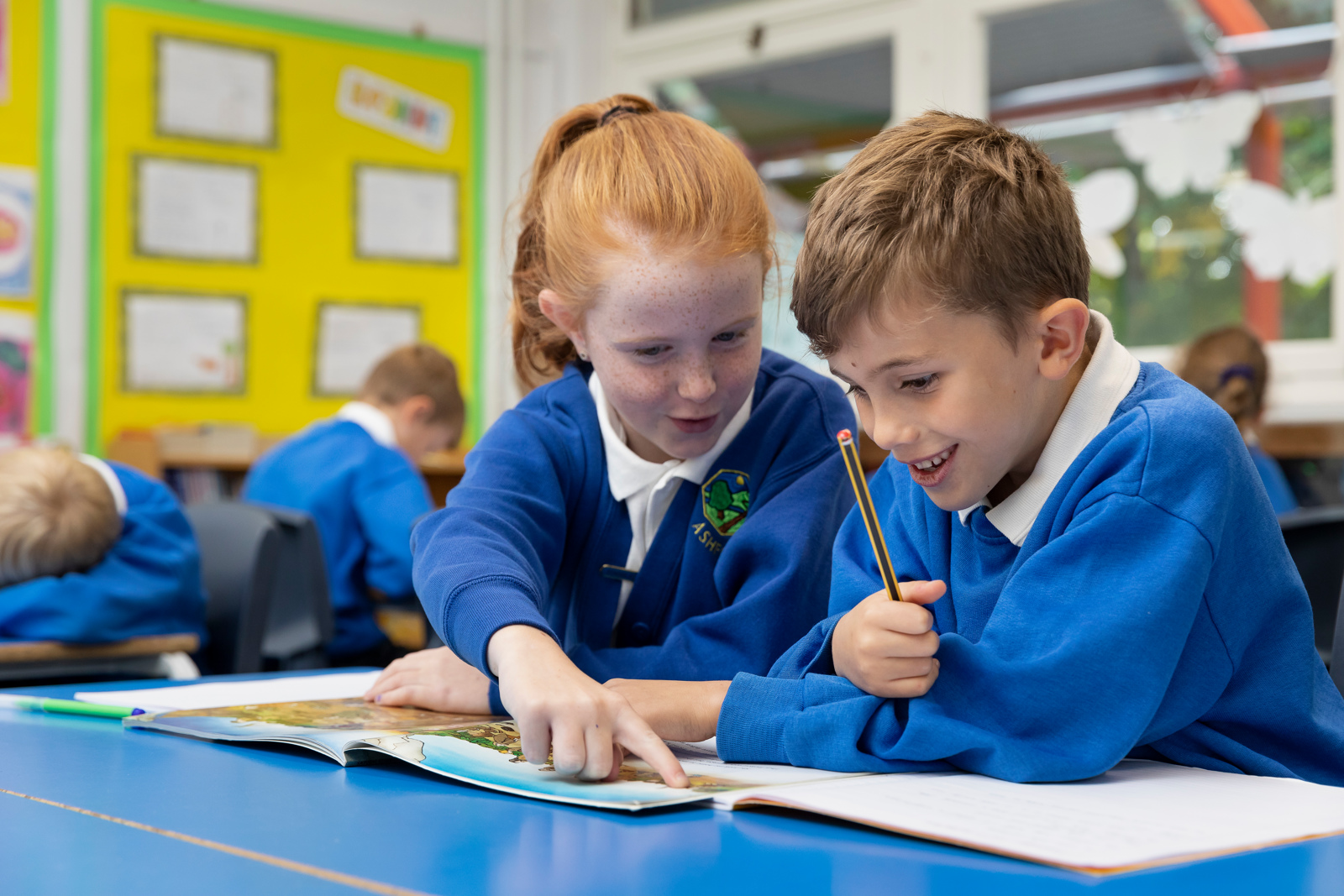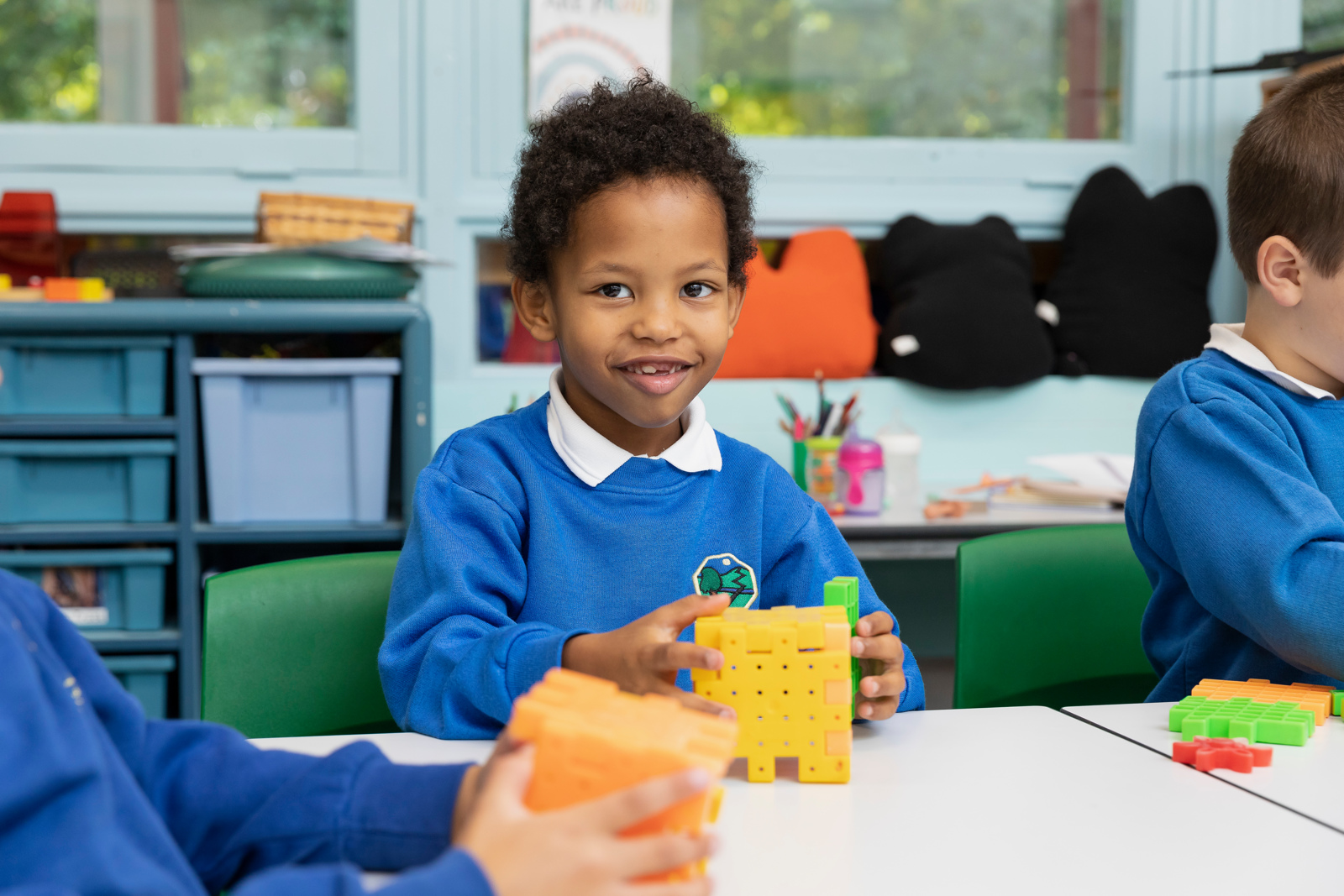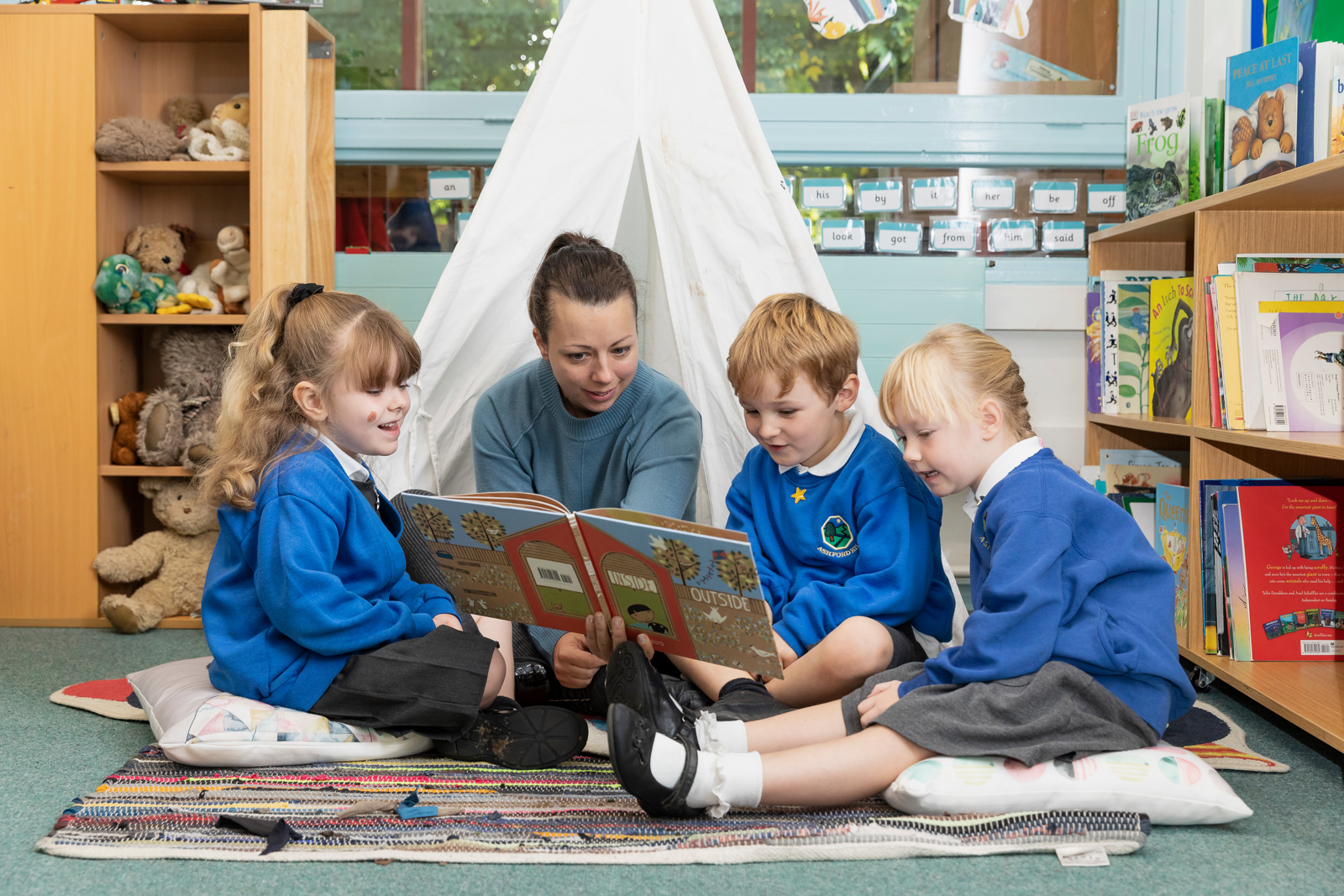British Values
Democracy – what do we do?
- Provide pupils with a broad general knowledge of, and promote respect for, public institutions and services
- Teach pupils how they can influence decision-making through the democratic process
- Include in the curriculum information on the advantages and disadvantages of democracy and how it works in Britain
- Encourage pupils to become involved in decision-making processes and ensure they are listened to in school
- Hold ‘mock elections’
- Involve pupils in decision making. E.g. – selection of Pupil Leadership team
- Conduct pupil surveys to evaluate progress
- Help pupils to express their views
- Model how perceived injustice can be peacefully challenged
- Democracy is shown through the selected history topics
- Circle Time and discussion groups
The Rule of Law – what do we do?
- Ensure school rules and expectations are clear and fair
- Classroom Code of Conduct agreed each year
- Promote school rules through positive reinforcement and clear consistent display
- Help pupils to distinguish right from wrong
- Help pupils to respect the law and the basis on which it is made
- Help pupils to understand that living under the rule of law protects individuals
- Include visits from the police and other services across the year
- Teach pupils aspects of both civil and criminal law and discuss how this might differ from some religious laws
Individual Liberty – what do we do?
- Support pupils to develop their self-knowledge, self-esteem and self-confidence
- Encourage pupils to take responsibility for their behaviour, as well as knowing their rights
- Model freedom of speech through pupil participation, while ensuring protection of vulnerable pupils and promoting critical analysis of evidence
- Celebrate notable historical figures (e.g.- Rosa Parks) in assemblies and through a thematic approach to learning
- Challenge stereotypes
- Ensure a strong anti-bullying culture, including anti-bullying week
- E-Safety promoted through focus weeks and display/active monitoring
Mutual Respect – what do we do?
- Promote respect for individual differences
- Help pupils to acquire an understanding of, and respect for, their own and other cultures and ways of life
- Challenge prejudicial or discriminatory behaviour
- Learning to disagree in a respectful way
- Develop critical personal thinking skills
Tolerance of Those of Different Faiths and Beliefs – what do we do?
- Study and share practices of individual religions
- Develop links with faith and other communities through RE and working alongside children and their families
- Organise visits to a range of places of worship including the local church and mosque
- Invite members of the faith community to deliver assemblies linked to school themes
- Reference religious events in school, e.g. – Christmas, Diwali, Eid, Hanukah, etc
Identifying Radicalisation – what do we do?
- Deliver regular school training for staff (Prevent)
- Promote an open culture which encourages children to report any concerns they have as a responsibility to themselves and others




